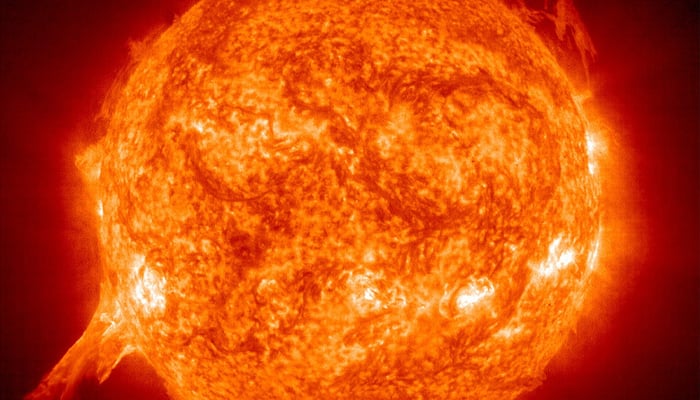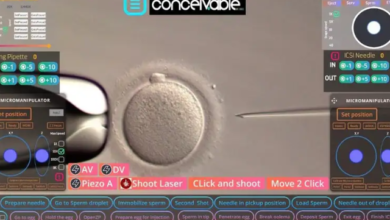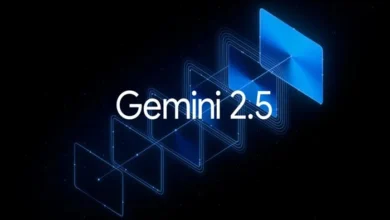Space mission set to create artificial solar eclipses high above the Earth by having satellites flying in close formation.
Final preparations for the landmark Proba-3 mission are underway, according to The Guardian.
The mission is European Space Agency’s first attempt at precision formation flying in orbit and prompts two spacecraft to loop around the planet that does not deviate by more than a millimetre throughout the formation.
The spacecraft will blast into space from the Satish Dhawan Space Centre in India on the Bay of Bengal coast on Wednesday at 4:08pm local time.
“It’s an experiment in space to demonstrate a new concept, a new technology,” said the Proba project manager at ESA Damien Galano.
“It’s very challenging because we need to control very well the flight path of the two spacecrafts,” he added.
The satellites are intended to line up with the sun with the lead spacecraft casting a controlled shadow on its partner, allowing the latter to measure the corona of the sun.
Data collected and provided by the mission could also shed light on the mystery of why the sun’s corona is hotter than the sun itself.
The surface of the star is about 5,500°C but the corona can exceed the temperature of 1m°C
Moreover, the Proba-3 spacecraft will swing around Earth after every 19.7 hours for two straight years. For six hours, the satellites will fly in formation, using optical sensors and flashing LEDs to locate one another and a laser system that is precise to see track their distance and orientation.
The first images from the two-year-long mission are expected to be received by March 2025.







